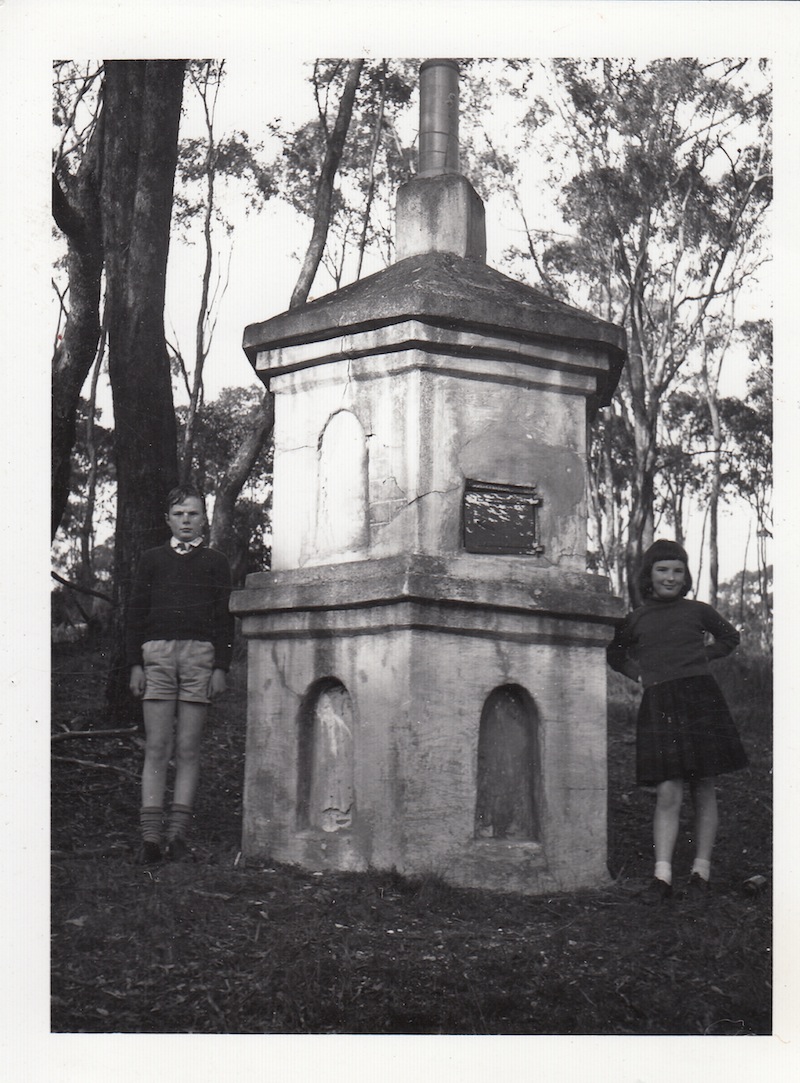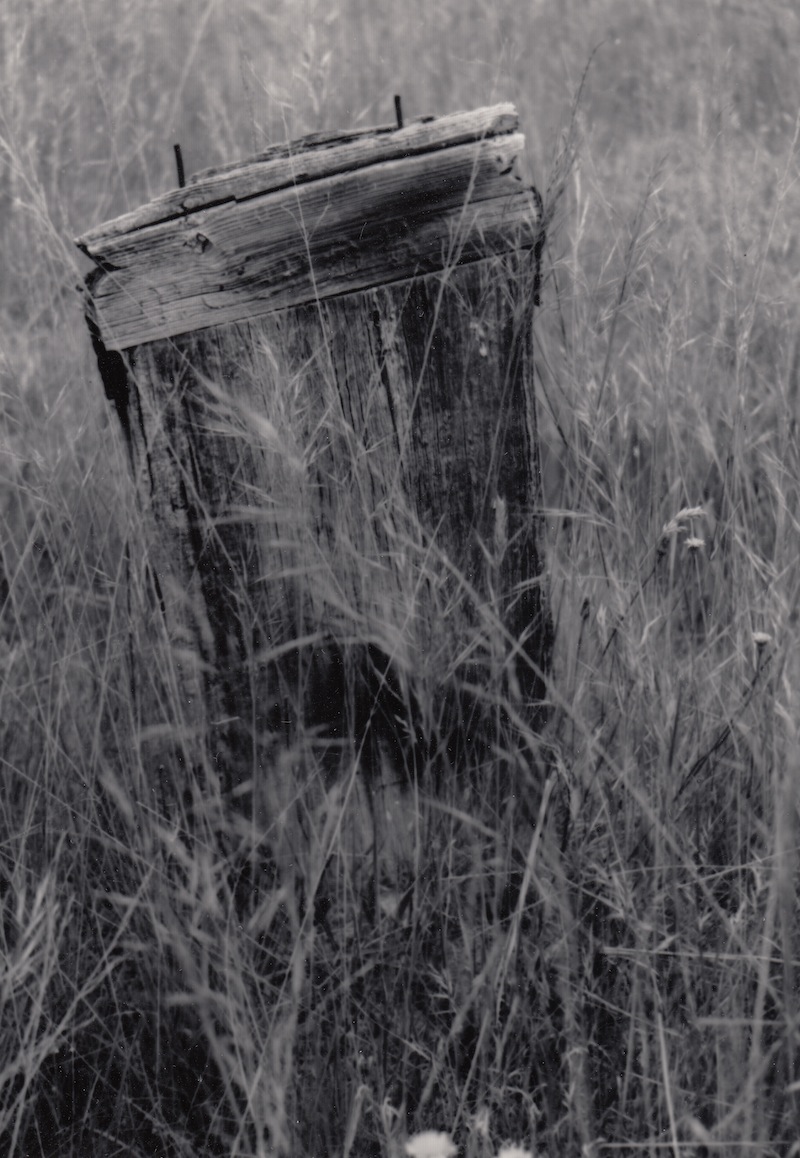 Because I write mainly children’s fiction, I think a lot about the child’s view of history. How to give children a sense of the past. Not facts, not dates, but feeling, a sense that the people who lived in this place before them had lives that were similar but also very different. What those differences were – transport, technology, social mores, how those things effected the day-to-day functioning of households, schools, shops, businesses – can be shown in stories, not as the subject of the story, but incidentally. And, incidentally, I often think that’s the best way of learning.
Because I write mainly children’s fiction, I think a lot about the child’s view of history. How to give children a sense of the past. Not facts, not dates, but feeling, a sense that the people who lived in this place before them had lives that were similar but also very different. What those differences were – transport, technology, social mores, how those things effected the day-to-day functioning of households, schools, shops, businesses – can be shown in stories, not as the subject of the story, but incidentally. And, incidentally, I often think that’s the best way of learning.
History’s subject is change. We’re here now, looking back to then and we have to use not just our curiosity, but our imaginative power to try to see. I guess that’s where I, as a creative writer, come in.
Not that any of this has been uppermost as I’ve worked. The three Verity Sparks novels are intended for readers 9 to around 12. They appeal mainly to girls. They would be shelved with Junior Fiction in libraries or bookshops. They’re meant to be entertaining rather than instructive, but I think most writers would agree you can’t help involving your own preoccupations, the bees in your bonnet, in your work. The bees in my bonnet are, and always have been, three things – the past, time and memory. In one word, history.
At primary school, I was taught Australian history according to the fashion of the day. It was dull. Episodes that could have interested me, such as the stories of inland exploration, were inexplicably drained of life and excitement. And there hardly ever seemed to be any women! I’m afraid that I grew up thinking that Australia was definitely a loser in the history stakes; Europe with its queens and castles and wars was infinitely more fun. Which is sad, in a way. This is my country.
I certainly hope things are different today and that in the hands of teachers, the undertaking of history will come alive. Though the rationale for teaching history, according to a document put out by the Victorian Government, speaks of fostering ‘curiosity and imagination’, here are the actual stated aims.
AusVELS History aims to ensure that students develop:
- interest in, and enjoyment of, historical study for lifelong learning and work, including their capacity and willingness to be informed and active citizens
- knowledge, understanding and appreciation of the past and the forces that shape societies, including Australian society
- understanding and use of historical concepts, such as evidence, continuity and change, cause and effect, perspectives, empathy, significance and contestability
- capacity to undertake historical inquiry, including skills in the analysis and use of sources, and in explanation and communication.
This, to me, sounds disappointingly dry – history rendered ‘useful’. Interest and enjoyment, yes, but in the service of learning and of work and civic duty. I suppose an education service has to make explicit the value of what it is providing, especially to adults who are suspicious of anything that smacks of ‘play’. I am a life-long subversive in the service of ‘play’. Work can be play, you all know that; they’re not mutually exclusive.
My research can be completely goal-oriented – I know what I want to find out, I have a plan, I stick with it and get results. And it can also be a form of play – which I define as an activity that’s open-ended, when you’re not sure what you’ll end up with, when the process is as valuable as the outcome and moreover, you’re not particularly invested in that outcome. You can allow yourself to get side-tracked and led along unexpected and exciting paths, you find hidden treasure, you find out that the junk is actually treasure after all… It’s alive.

